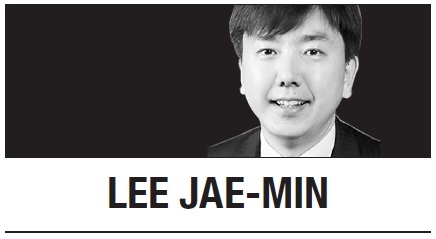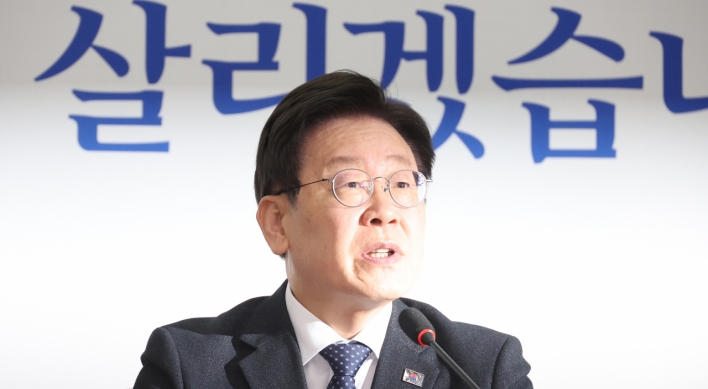 What is work and what is leisure? This longstanding philosophical question has suddenly become a legal question as a new labor law (Labor Standards Act) is entering into force on July 1 to cap the maximum weekly working hours at 52, together with a penalty provision for non-complying employers.
What is work and what is leisure? This longstanding philosophical question has suddenly become a legal question as a new labor law (Labor Standards Act) is entering into force on July 1 to cap the maximum weekly working hours at 52, together with a penalty provision for non-complying employers. Having realized the unclear dividing line between work and non-work and the fear of imminent confusion on the field, the Ministry of Employment and Labor announced at the last minute a six-month grace period for the new law. In other words, the law will not be enforced until Jan. 1, 2019. It is a wise decision: clear guidelines and codes of conduct can now be prepared for businesses and workers before the new year.
To comply with the new law, businesses have already started to scramble. Some companies adopt a “PC Off” system where employee’s computers are shut off at 6 p.m. unless authorized for extended work beforehand. “Family days” are introduced for a mandatory early closure. A very positive sign for a country with the world’s longest working hours.
The only challenge is, the six month grace period may still leave a critical question unresolved: i.e., what is “working hours“? Sometimes, it is difficult to keep track of time spent for work. Questions arise in many different varieties.
Interestingly, working hours is not defined in the law. It is to be determined “on a case-by-case basis, taking all circumstances into consideration.” That is what the Korean Supreme Court stated in its 2014 judgment. At the core in this “totality” consideration lies the analysis whether an employee is subjected to the “direction and supervision of an employer.” If so, then it is working hours even if you are relaxing or having downtime, or in a different location. If not, the time is not working hours, even if you fret over the unfinished work at the office.
MOEL follows this guidance from the court. Startled by flooding questions, MOEL disseminated booklets on May 18 to answer them. Here are some examples. A team seminar for effective work coordination is counted as working hours. But a seminar or workshop for collegiality or friendship enhancement is not. Quite confusing, indeed. What about work-related dinners? If you are officially requested by your boss to attend a dinner for a business partner, that is work. But if you have a business pitch dinner looking for a referral, then it is not.
If you hang around with your colleagues and boss after work, that is not work. That is an easy one. But consider this. When you attend a team dinner at the request from your boss even if you would rather go home, what would that be? MOEL booklet says it is not work. It says a team leader’s request for dinner attendance, in and of itself, is not sufficient to make the dinner into working hours. Well, enigmatic indeed.
As you can tell, gray areas abound in real life. As the Supreme Court itself says, and MOEL acknowledges, this very issue is not amenable to a clear-cut decision. You can’t tell which is which, and many times it’s both.
And yet, this new law comes with a stringent penalty provision (maximum two years imprisonment or a 20 million won fine). It may take time, cases and prosecution before we know for sure in borderline situations. Learning by doing is a good approach in many areas, but probably not in the law enforcement sector. This ‘you-go-figure-it-out’ approach has been observed in some of the recent legislative endeavors. Of course, they all have good intentions and pursue legitimate public objectives. But from the law administration standpoint, they are a little far from a textbook model legislation where you know in advance what is prohibited and what is not.
MOEL can prepare detailed guidelines and a practical handbook before the law starts to be enforced six months later. The current booklets posted on its website raise more questions and conjure up counterfactuals.
Lee Jae-min
Lee Jae-min is a professor of law at Seoul National University. He can be reached at jaemin@snu.ac.kr. -- Ed.








![[Hello India] Hyundai Motor vows to boost 'clean mobility' in India](http://res.heraldm.com/phpwas/restmb_idxmake.php?idx=644&simg=/content/image/2024/04/25/20240425050672_0.jpg&u=)








